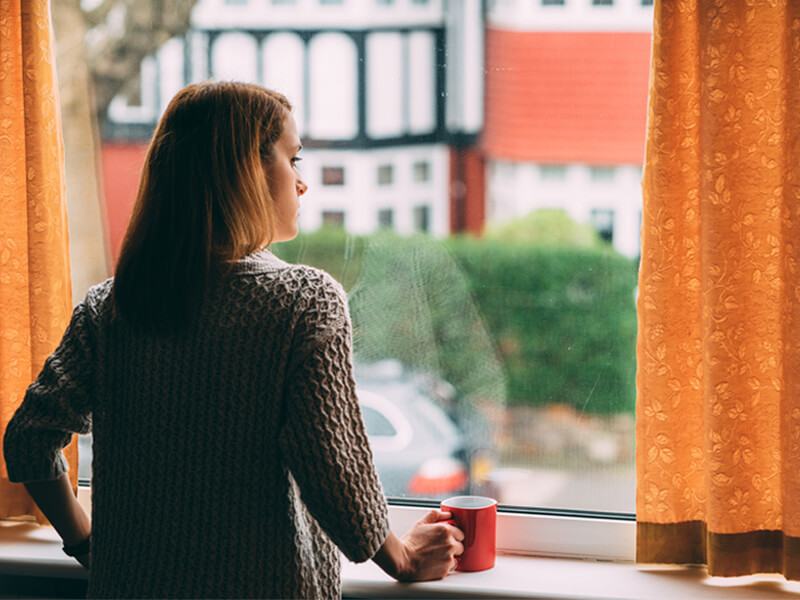5 tips for living with the uncertainty of the COVID era
Last year was unsettling and 2021 is already proving to be unpredictable. So how do you mentally prepare for the twists and turns ahead?
We kissed 2020 goodbye with a sigh of relief and a hope that we would return to our pre-COVID lifestyle.
But that’s likely to be wishful thinking. While the coronavirus pandemic remains, experts say we must be mentally prepared for more turmoil – so being able to navigate uncertainty is a must-have skill in 2021.
“We would all love a crystal ball to tell us when COVID-19 is no longer going to impact our daily lives, but the reality is that life is full of uncertainty,” says Smiling Mind chief executive and clinical psychologist Dr Addie Wootten.
“While there are still going to be situations beyond our control in 2021 – whether that be work, travel or restrictions – it’s how we react to those situations that is most important.”
The mental toll of COVID-19 pandemic
The COLLATE project at Swinburne University is monitoring the mental health of Australians during the pandemic and has found levels of depression, anxiety and stress are three times higher than in previous years.
“We are not out of pandemic mode and being mentally prepared for the fact that this isn’t over yet is key,” says Professor Susan Rossell, who leads COLLATE.
“Mental health experts are predicting an influx of people coming into the mental health system and the system won’t be able to cope with the numbers.
“So, we personally need to take some responsibility to build mental resilience and try our best to deal with increases in stress and anxiety.”
We are not out of pandemic mode and being mentally prepared for the fact that this isn’t over yet is key.
The experts share their tips for navigating uncertainty in these rollercoaster times:
1. Know what you can – and can’t – control
“We all want to be in control of our environment but in the current situation, some things are out of our control,” says Prof Rossell.
“Focus on controlling what you can – like your home environment and personal relationships. Get odd jobs done around your house or garden and stay connected with friends and family. Prioritise your immediate environment.”
2. Problem solve and set goals
Break problems into chunks and work on solving one chunk at a time. Recognise the progress you make in solving each problem and also set realistic goals.
So, if faced with home learning or lockdown again, remember what you put in place to make it work last time and repeat.
“Don’t meander through life,” says Prof Rossell. “Set daily goals and have structure to your day.”
3. Weave mindfulness into your day
Establish a daily mindfulness routine, says Dr Wootten.
“Mindfulness helps to develop our capacity to tolerate things that are unpleasant or uncomfortable, like uncertainty, which in turn builds resilience.”
Use a guided meditation tool from apps such as Smiling Mind.
4. Look after your physical wellbeing
“Maintain a healthy balanced diet, enjoy a treat now and again, get good quality sleep, drink water and exercise regularly,” says Prof Rossell.
“You’ll have more emotional energy and will be more able to cope with what happens around you.”
So if more outbreaks and restrictions throw up challenge and change, you’ll be better able to take them in your stride.
5. Talk it out
“If you’re harbouring feelings of anxiety, find someone to speak with. Make sure it’s a person you feel safe with and a person who can be your rational sounding board,” says Dr Wootten.
More tips for dealing with the COVID-19 pandemic:
- Essential things to know about face masks
- How to look after yourself if you get coronavirus
- How to nail good gym hygiene
- How to protect your health on public transport
- How to throw a lockdown birthday party your child will never forget
Written by Sarah Marinos.






